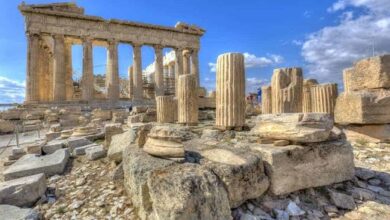Kantian ethics definition/ detailed description
Immanuel Kant (1724–1804) was a philosopher who sought to develop an ethics grounded in human understanding of duty. Kantian ethics, being based on duty, is called deontological ethics (deon means “duty” in Greek). Kantian ethics definition
Kant believed in the autonomy of reason and that beings are fully capable of acting rationally, motivated by duty, that is, they rationally know what to do.
Kantian ethics breaks with the philosophical tradition that has always associated morality with something external to action, for example, religion, happiness, or the utility of action. For Kant, the action must be judged in itself.
This means to say that in order to judge the morality of an action, one should not consider the history or context prior to it, or its possible consequences. By removing everything external to the action, the individual has to decide whether his action is right and should be done.
For Kant, duty is the only possible motivation for a morally correct action. No other motivation (seeking benefits, rewards, happiness, pleasing God, etc.) serves to guide behavior. From the categorical imperative, Kant believed he had found a way to judge whether an action is moral. Kantian ethics definition
What is the Categorical Imperative?
The categorical imperative is an unconditional and absolute moral formula developed to support human actions. With him Kant believed he had resolved the question of autonomous moral action.
- Autonomy: from the Greek auto (by itself) and nomos (norm, rule) – to create or follow one’s own rule. Example: the will.
- Heteronomy: from the Greek hetero (by the other) and nomos (norm, rule) – to follow rules created by others. Example: commandments, laws, rules of a game.
The categorical imperative would be the “supreme principle of morality”. Throughout his work, Kant proposed three formulations for the categorical imperative: Kantian ethics definition
- “Act in such a way that you treat humanity, both in yourself and in the other person, always as an end and never as a means.”
- “Act as if the maxim of your action should serve as a universal law for all rational beings.”
- “Act as if the maxim of your action should be transformed into the universal law of Nature.”
For Kant, if before acting the judgment of the action passed through the sieve of the categorical imperative, the action would always be a moral action (a good action).
According to Kantian ethics, the categorical imperative allows individuals to be free, since the will (prior to action) would be determined by the moral law.
Thus, people would only feel like doing well, being able to act freely, without any fear. These actions would never be in conflict, they would all have humanity as their objective and any action would be a moral action. Kantian ethics definition
